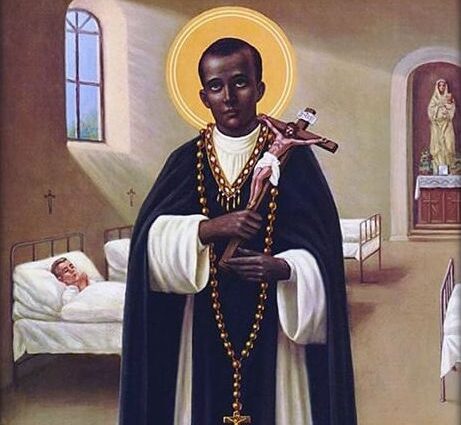Saint Paul uses a deceptively simple phrase in this morning’s first reading. “Owe nothing to anyone, except to love one another.” So have no debt, except the debt of love. That on the surface seems easy enough, but a debt of love has far-reaching consequences. Love is an obligation that requires a commitment, far more demanding than any legal accountability. We often think of this love in concrete actions: feeding the poor, reaching out to the community, caring for the sick and homebound, and so forth. Those are all extremely important. It’s indeed a way of loving. But it’s not just for those far away or the stranger.
St. Theresa of Calcutta said, “It is easy to love the people far away. But, it is not always easy to love those close to us. It is easier to give a cup of rice to relieve hunger than to relieve the loneliness and pain of someone unloved in our own home. So, bring love into your home, for this is where our love for each other must start.” Sometimes the people we have intimate or personal relationships with, the ones who live with us, work closely with us, or are just a daily part of our lives, are the ones we show the least amount of love. We even intellectually know that relationships are about giving 100% without expecting anything in return, but that is hard in practice, isn’t it?
Today, our Saint, Martin de Porres, was a man who lived a difficult and unfair life. “He was born in Lima, Peru in 1579, the illegitimate son of a Spanish nobleman Juan de Porres, and a freed African woman from Panama named Ana Velasquez. Martin was baptized in December of 1579, and his father was listed as “unknown.” The father abandoned the family shortly after the birth of Martin’s younger sister, Juana. Martin was born into poverty and of mixed blood, in a world where the slavery of both Africans and Indians was an acceptable business. Slave labor in the mining of gold and silver and agriculture fueled the growing pursuit of power and wealth that built the Spanish empire in the New World. His mixed African heritage placed him at the bottom of this class-based society.” (Sr. Pat Dual, OP)
Yet, in his way of nonviolence and social reform, he showed us what it looked like to simply love without expecting in return. One Dominican priest wrote this of Martin: “What for others could have easily turned into a life of bitterness and anger, for Martin became an opportunity for holiness. Martin entrusted the chaos and the poverty of those early years to God, who took the Spanish and African threads of his heart and wove them into a beautiful tapestry of love. Perhaps Martin’s greatest gift was his capacity to let God turn his suffering into compassion.”
Martin had an open heart and a deep love for the crucified Lord. When he was just 8 years old, he would ask for the candle stubs from the local church to meditate before his crucifix during the night. As such, he began to see suffering in the light of the suffering Christ. That’s when the debt of love becomes so much easier. When we start to see our own suffering as a gift from God, not as a debt. That helps us look into a world not to see what we can get out of it, not to see what others owe us, but simply to see where we can give them the same love. Where we can repay them not as we think they may deserve, but in the way, Jesus did on the cross. Pure, sacrificial, unconditional love.
A reflection on the readings for Wednesday of the 31st Week in Ordinary Time: November 3rd, 2021

